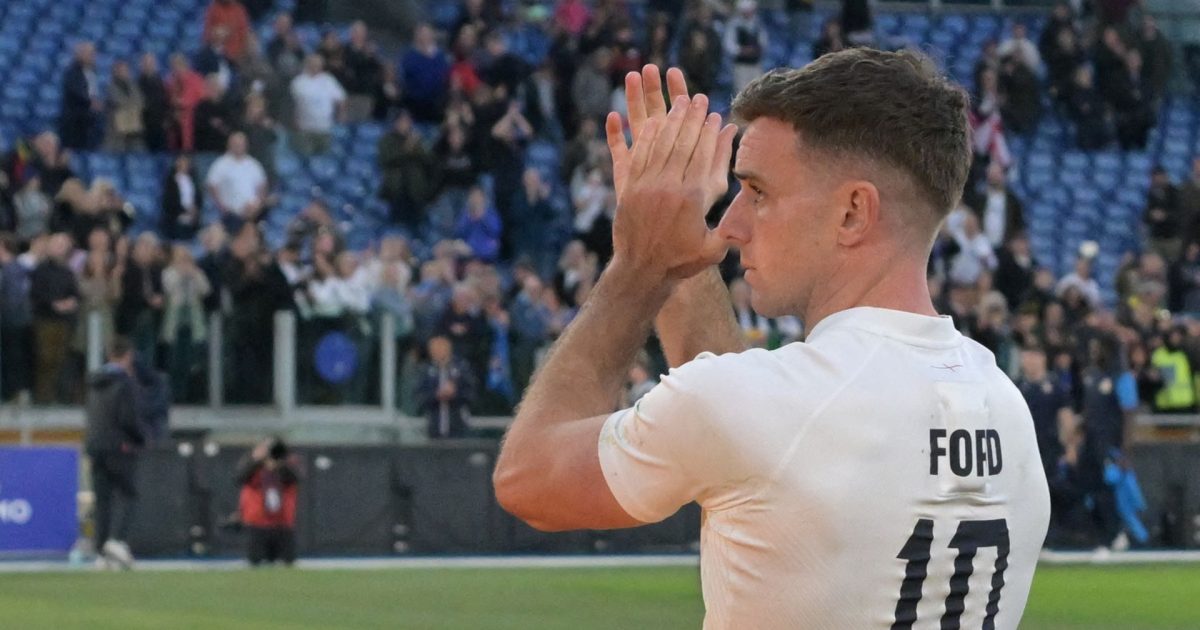The three 'main positives' George Ford took from England's win

George Ford went into the opening match of the Guinness Six Nations against Italy as England’s most capped player in the starting XV to go alongside plenty of inexperience in the squad.
Two members of the team that started in Rome were uncapped – player of the match Ethan Roots and centre Fraser Dingwall – and a further three played their first game from the bench – Chandler Cunningham-South, Fin Smith and Immanuel Feyi-Waboso. Adding the four players that had ten caps or fewer across the squad, Ford’s experience, alongside a few other seasoned campaigners, was crucial to England getting a 27-24 comeback win at the Stadio Olimpico.
With Northampton Saints’ Dingwall earning his first cap, it meant it was another new centre partnership that Ford was playing alongside in his 92nd cap.
After the match, the Sale Sharks fly-half praised his 24-year-old teammate for having a “brilliant game”, as well as seeing his longtime teammate Henry Slade make a return after missing the World Cup.
“I really enjoyed it,” Ford said when discussing forming a new midfield partnership.
“First thing I’d say is I thought Fraser had a brilliant game. It’s great to play with Sladey again, he’s been on fire this season. Both have got great skill sets, and really good defenders as well.”
With so many uncapped and inexperienced players in the squad, the 30-year-old said how he and his established international teammates stepped up in the match and the week leading to the match.
“Having Fraser’s first cap and the inexperience,” he said. “Maybe you try and take a bit more of an experienced leadership role, but that was throughout the whole team. Today, with people like Jamie [George] and Maro [Itoje], we tried to lead as well as we could.”
It was not a perfect performance by England, but for a team that have not won the opening match of the Six Nations since 2019, there were positives to take for Steve Borthwick and his side. That is exactly what Ford has done as well, who feels the scoreline flattered Italy in the end courtesy of Monty Ioane’s try in the last play.
“I felt we were pretty solid. The main positives from me were how we responded to them scoring tries, which was great, how we felt when we were trying to fire shots in attack, and how we controlled the game in the second-half.
“I know the scoreboard suggests it was very, very close, but that second-half we felt pretty comfortable.”







































































Disagree with ford’s comments freeman should be used at outside centre slade inside waboso right wing CC South to start at8 Earl moved to open side